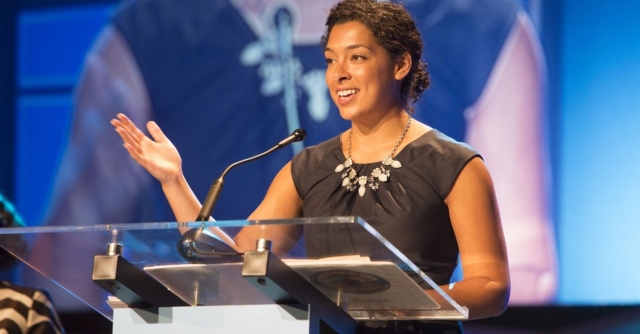Leaders Take Responsibility for Their Choices

By Jim Clemmer
"There are two kinds of people in the world: those who make excuses and those who get results. An excuse person will find any excuse for why a job was not done, and a results person will find any reason why it can be done. Be a creator, not a reactor." — Alan Cohen, leadership author
When our son Chris was four years old he desperately wanted to graduate from his Big Wheel tricycle to a real two-wheeled bike. He started with training wheels on the bike but soon wanted them removed and didn't want me holding the bike for him. The result was that each time he tried to ride the bike, he'd fall after going just a short distance. After his sixth failed attempt, his frustration got the better of him: He grabbed the bike off the ground and bit the front tire as hard as he could. Clearly, it was all the bike's fault!
Part of me was right there with Chris biting the tire on that uncooperative bicycle. I can remember doing many similar things as a kid when I gave in to my hot temper. At family reunions, my uncle always liked to reminisce about the time, many years ago, when we had an old tractor that wouldn't run without stalling. His farm was next to ours and one day, noticing that the tractor and I hadn't moved for a long time, he drove back into our field to find out why. When he arrived he found the tractor covered in blotches of dirt from me angrily flinging clumps of soil at it.
We were having a lively discussion in a management workshop about the prevalence of "blame storming" in many organizations. The problem, we agreed, was that instead of tackling the problem, poorly led teams devote their energies to allocating blame and avoiding responsibility.
Of course, that's not leadership. One workshop participant wonderfully illustrated our all-too-human tendency to blame others by telling us about his four-year-old grandson's recent visit. Little Tim was the only visitor in the house that night. The next morning he came downstairs full of indignation. When asked what was wrong, he announced, "Somebody peed in my bed!"
Blaming others when things go wrong is not limited to four-year-old boys. Far from it! It's natural to strike out at someone or something that seems to be causing us problems. We can understand this reaction in kids. After all, they're immature and still learning. They don't yet control much of their own lives. They aren't responsible for the circumstances in which they find themselves.
But as adults, we don't have the same excuses. We have to take responsibility for our choices. And we have to take responsibility for how we act in response to circumstances – even if those circumstances are not of our own making. This is the real test of our maturity and emotional intelligence. This is the "ground zero" of leadership.
Conclusion
Making choices and taking responsibility for them is not a new leadership phenomenon. Indeed, much can be learned from former leaders – even fictional ones, such as Shakespeare's King Lear who declared, "This is the excellent foppery of the world: that when we are sick in fortune – often the surfeits of our own behavior – we make guilty of our disasters the sun, the moon, and stars, as if we were villains on necessity, fools by heavenly compulsion, knaves, thieves, and treachers by spherical predominance, drunkards, liars, and adulterers by an enforced obedience of






